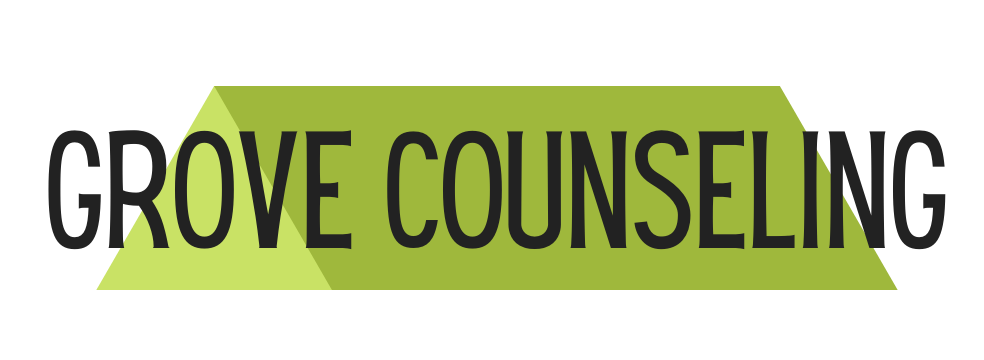Your Anxiety is Actually Helpful
Your brain is a powerful instrument. It's also responsible for keeping you safe, and it does this by being on constant alert. Anxiety is an important part of that process, but it can also take over your life if left to spiral out of control. In this post, we'll explore how anxiety works and how it can be useful—and even helpful—in everyday life.
Anxiety is your nervous system on alert.
You might be thinking, "Anxiety isn't helpful! It's awful and scary." But that's not actually true. Anxiety is a normal reaction to stress. It's your body’s way of preparing you for action when faced with a perceived threat. So while it may feel like anxiety is causing the problem, it’s actually just trying to help solve it (even though you don't always want its help).
When we experience anxiety, our bodies release stress hormones such as adrenaline and cortisol into our system as part of an adaptive response that prepares us for fight-or-flight—the body going into high alert mode so we can defend ourselves against possible danger or take action to avoid harm if necessary. As uncomfortable as this feeling is, it has been shown time and time again that people who have more active nervous systems tend to live longer than those who don’t!
Anxiety is not permanent and we are supposed to have it.
It's not your fault and it's not permanent, but it can feel like your anxiety is a monster that will never go away. Where anxiety is tricky now that we’re not cavemen fighting lions, exposure and lack of food/water to survive, our brain has evolved to perceive things that are not actually life-threatening as still life-threatening (think taxes, an upcoming test, a date). Your body response (increased heart rate, sweating, rumination, etc.) is the exact same as it would have been thousands of years ago. Knowing that your body is simply a machine responding to a “threat” can help take away some of the power your anxiety might currently have over you.
Anxiety can be experienced in many different ways. Some people get really nervous and anxious when they have to do something new or if they are around new people; other people get anxious when they are stressed out over something; some people even get nervous just thinking about how much work they have to do at home! Everyone deals with their own type of anxiety differently depending on their personality type (check out my previous post about how knowing your Enneagram type can be helpful!); however, one thing all types have in common: we all experience some sort of anxiousness at least once during our lives (even if only for a short time).
So, basically…
The key is to understand that anxiety isn't just a bad thing. It's actually a good thing because it keeps you safe from danger and helps you adapt to new situations. However, if your anxiety is flaring up regularly, and getting in the way of your day-to-day life, it might be time to consider talking to a professional. Otherwise, the next time there's something scary going on around you, take a deep breath, count to ten and remember that all your fears are normal—then do the thing.

